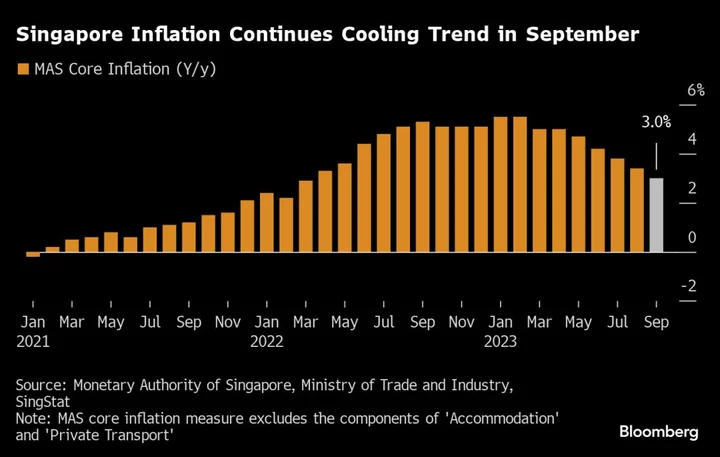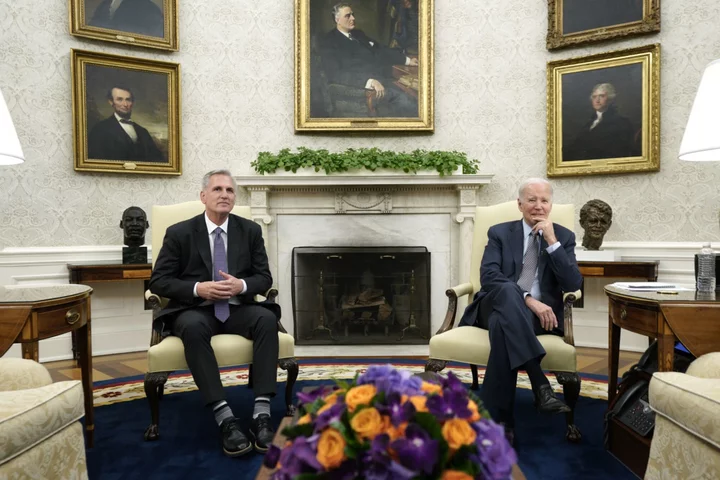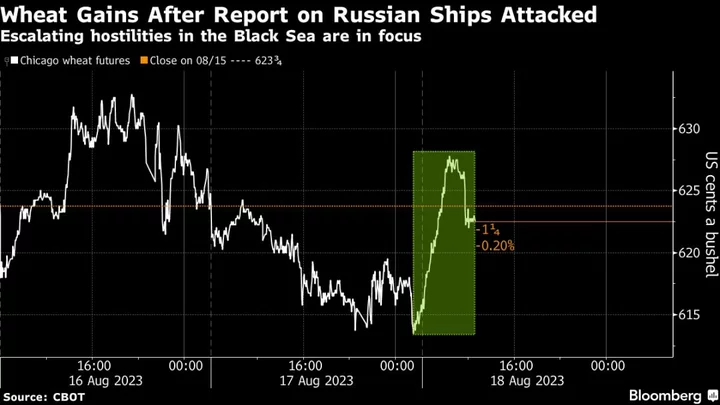Singapore’s core inflation decelerated further in September, vindicating the central bank’s decision to leave monetary policy settings unchanged this month.
The core measure, which excludes housing and private transportation costs and is tracked by the Monetary Authority of Singapore, cooled to 3% from a year ago, official data showed Monday.
That’s slower than the median 3.1% gain seen in a Bloomberg survey of economists and the 3.4% pace notched in August.
Singapore’s central bank, which uses the exchange rate instead of interest rates as its main policy tool, kept monetary settings unchanged earlier this month. It instead opted to review policy quarterly from twice-a-year until now to keep pace with the evolving outlook.
The central bank and the Ministry of Trade and Industry expect core inflation to average around 4% this year, while expecting the all-items index to come in at around 5%. For 2024, they see the core gauge averaging 2.5%–3.5%, and the broader measure to be in a range of 3%-4%.
“Upside risks remain, including from fresh shocks to global energy and food commodity prices due to geopolitical conflicts and adverse weather events,” the authorities said in a joint statement. “At the same time, there are also downside risks such as a sharper-than-projected slowdown in the global economy.”
Central bankers around the world will be closely watching US Federal Reserve Chairman Jerome Powell’s comments ahead of the authority’s Nov. 2 meeting. That’s especially given his preference to proceed cautiously on monetary policy has been challenged by a resilient American economy that has not cooled in line with long-term inflation expectations.
Local policymakers see growth in Singapore’s major trading partners gradually picking up later in 2024 as inflation continues to ease and the electronics cycle turns up modestly.
Singapore’s all-items consumer inflation edged up to 4.1% from a year ago in September, from 4% in August, data showed.









